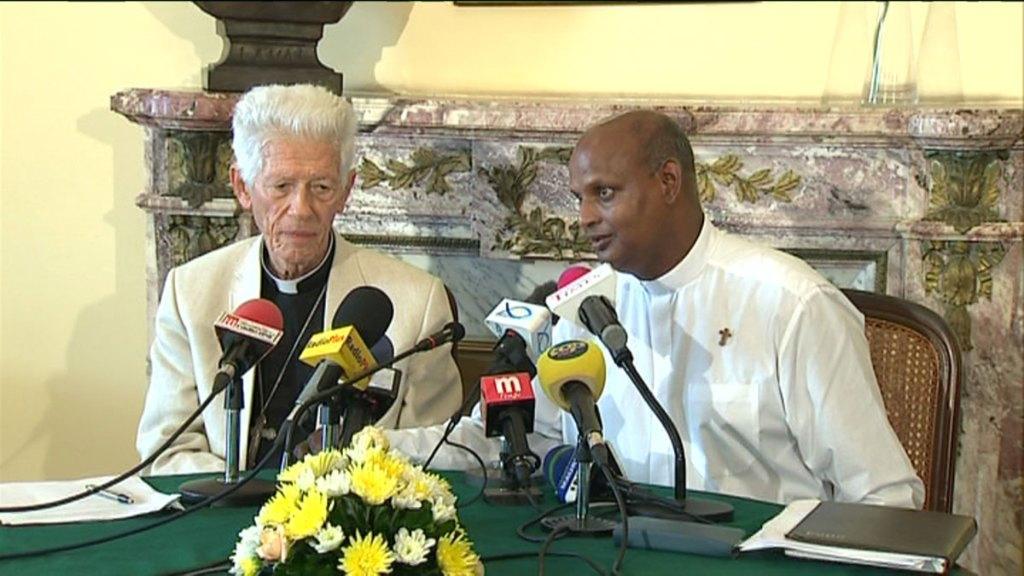Africa-Press – Mauritius. The news fell at the end of last week: Monsignor Jean-Michaël Durhône is the new bishop of Port-Louis and will replace Monsignor Piat. This appointment is an event in many respects.
First of all, it is the first time since the Catholic Church has been established in Mauritius – i. e. since the beginning of French colonization – that a bishop will not come from the Franco-Mauritian community. And this is absolutely not unusual.
The recent statements of Monsignor Piat against the government spoke openly of structural inequalities that needed to be reabsorbed, and the appointment of Monsignor Durhône must be understood as falling directly into this line of thought.
Indeed, Monsignor Piat had surprised more than one by taking a stand openly when questions of structural inequalities have also haunted the Church for centuries. After all, shouldn’t you put your own house in order before criticizing others? do we hear the echoes here and there. . .
Is it now done? The symbol is certainly modern and sends a strong message, but we will have to wait to see how Monsignor Durhône will go about modernizing the Catholic Church in Mauritius.
Monsignor Piat was perfectly right when he spoke of structural inequalities, and anyone who is a little interested in the history of slavery knows perfectly well that the role of the Church was ambiguous.
From an eloquent silence at the beginning, it took several decades of slave trade for the Roman institution to begin to react, before siding with the abolitionists.
But this process was long and the central role of the Church for the incorporation of slaves into the hierarchy of plantocratic society (through the evangelization required by the Black Code) is an integral part of the constitution of power relations between the dominant and the dominated in Mauritius.
Power relations that still persist today through the division of capital and the division of labor in Mauritius. This observation is translated in a simple way: until the appointment of Monsignor Durhône, the Bishop of Port-Louis was not representative of the majority of the faithful of the Catholic Church in Mauritius.
This constituted a profound anomaly in a country obsessed with representativeness, and the famous “Creole malaise” had its source as much in this lack of representation within the Church as in the socio-economic inequalities present in the country.
For More News And Analysis About Mauritius Follow Africa-Press







